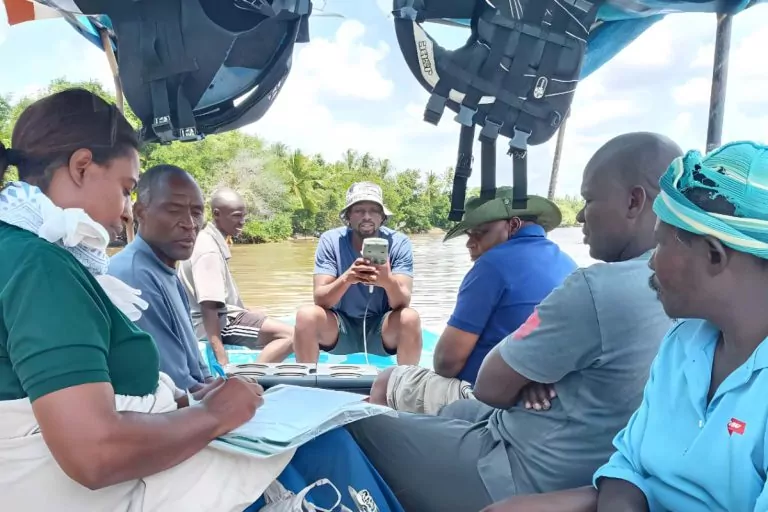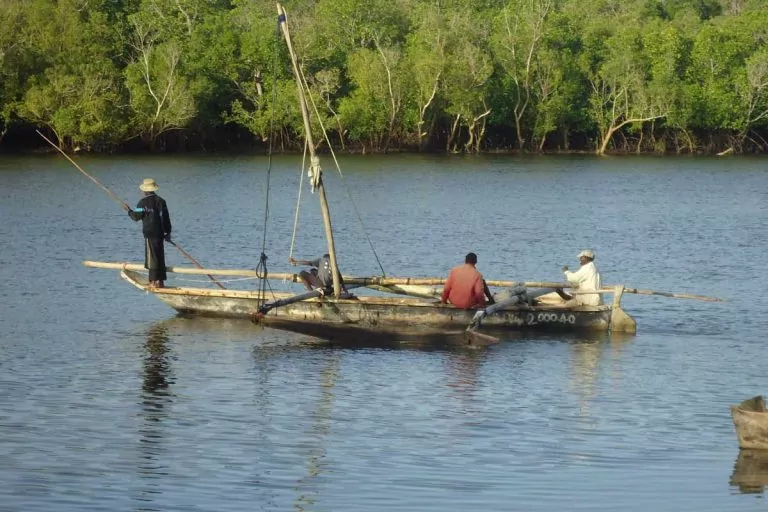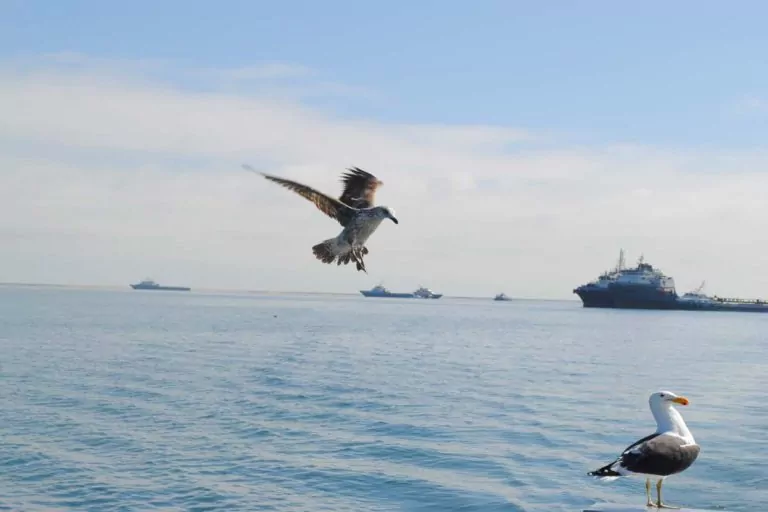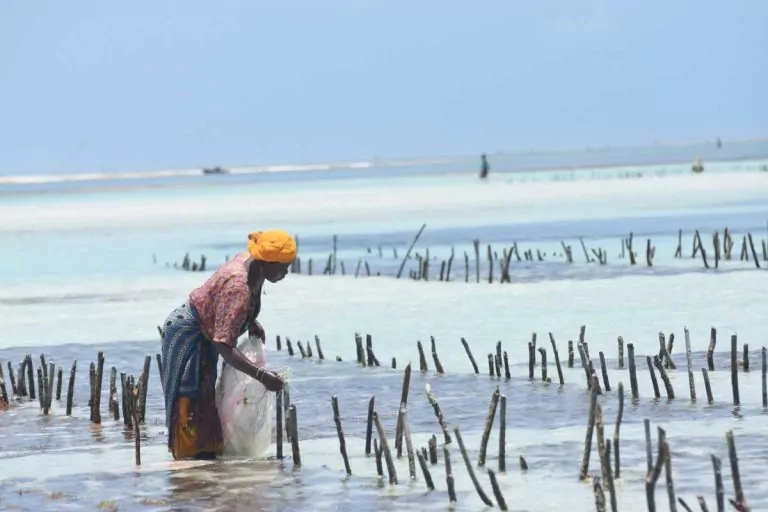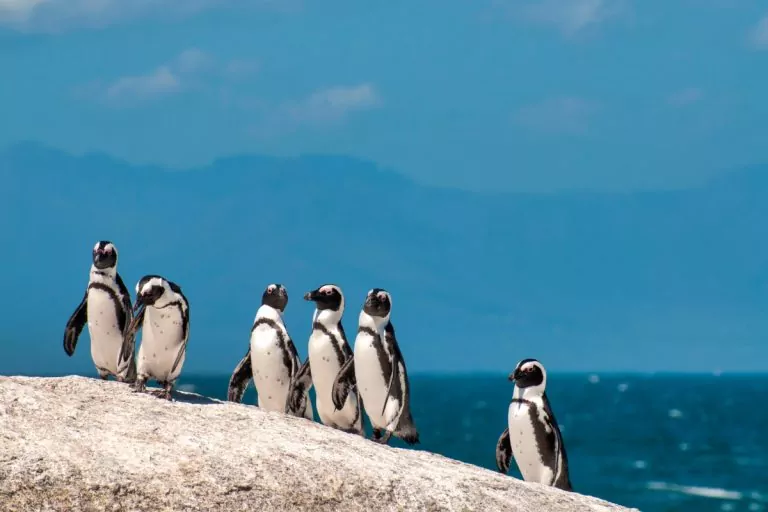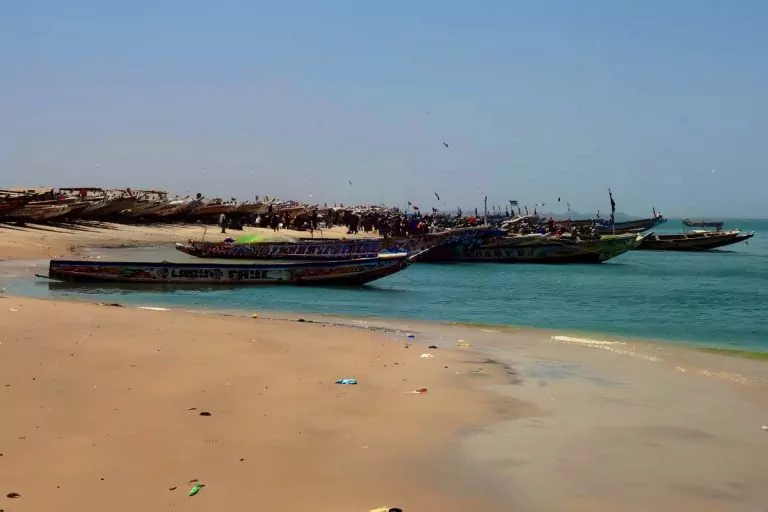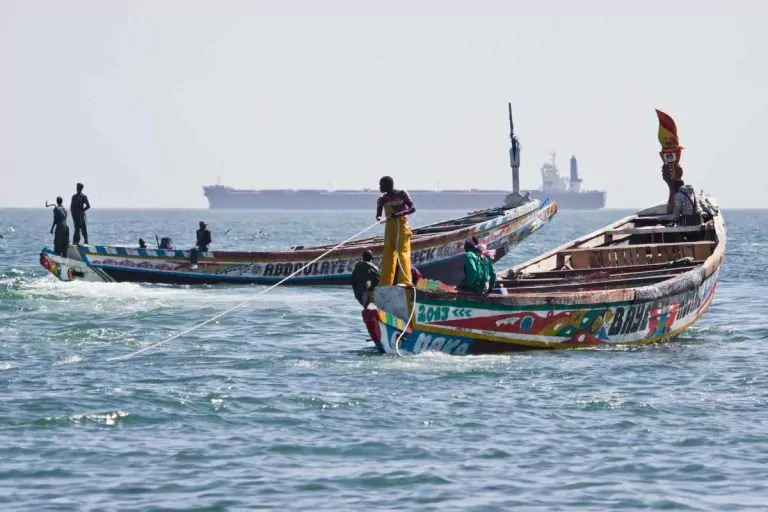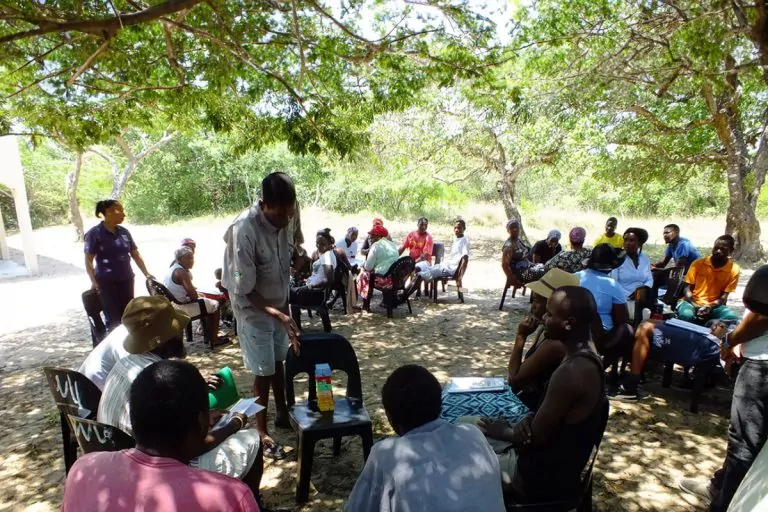The Importance of Fish and Sustainable Fisheries
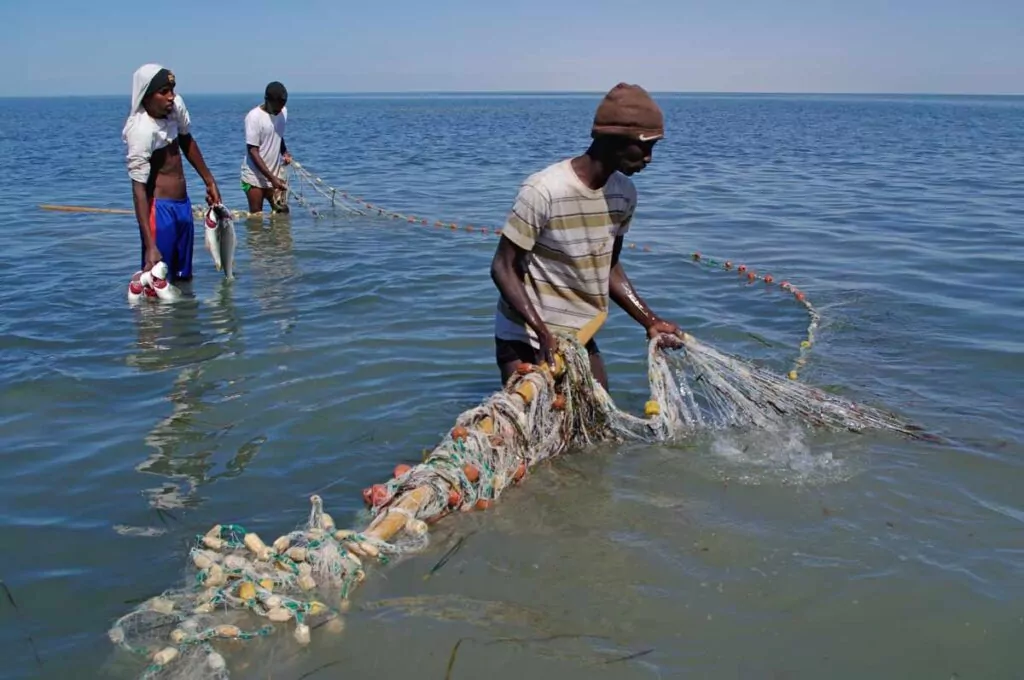
Table of Contents
Urgent action needed for sustainable fishing practices
The livelihoods of many communities around the world are facing serious risks and uncertainties as a result of the alarming condition of global fish stocks. Around 35% of fish stocks are overfished (FAO, 2022). Fishing is one of the human activities with the greatest impact on fish stocks and marine ecosystems, with industrial fishing accounting for 60 per cent of the total global catch (FAO 2022). The race for fish has intensified in many places due to the decline of key fish stocks (FAO, 2022) and the simultaneous increase in international demand for seafood (Naylor et al., 2021). This cumulative pressure on marine ecosystems from too many vessels, which may lead to overfishing, and illegal, unreported, and unregulated (IUU) fishing is also problematic for small-scale fisheries. This dire situation calls for immediate and decisive action to safeguard precious marine ecosystems. Irresponsible fishing practices, such as unregulated fishing and destructive methods like bottom trawling and dredging, are posing grave dangers to the ocean. The consequences of these activities are catastrophic, leading e.g., to the collapse of fish stocks and entire marine communities, and the devastation of vital habitats like coral reefs and seabeds.
Sustainable fishing practices are crucial for healthy marine ecosystems. By ensuring that fishing techniques do not lead to overfishing of target species, do not harm non-target species, do not disrupt the ecosystem, and minimise unwanted by-catch, we can safeguard the health of the oceans and marine life.
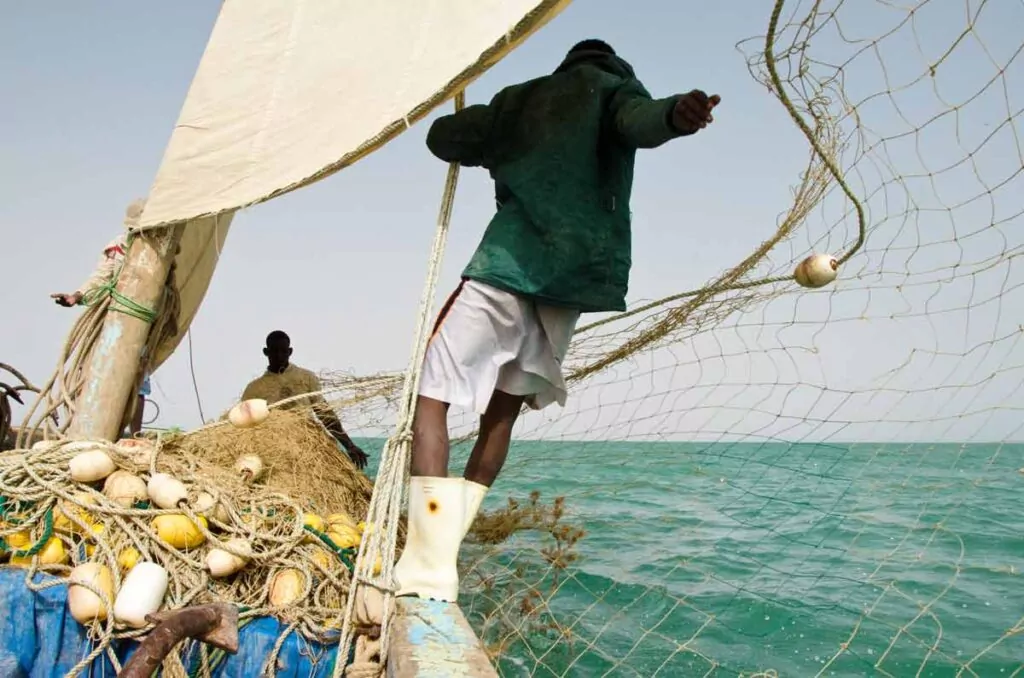
Collaboration for conservation: Working together to preserve our ocean
One solution to address the current crisis facing global fish stocks is to establish marine protected areas (MPAs) where fishing activities are regulated or prohibited. MPAs may include no-take areas, but also temporal, spatial, and fishing gear regulations and restrictions. In this regard, collaboration in conservation efforts is crucial. If MPAs are implemented using a top-down approach that excludes small-scale fishers and other local coastal communities reliant on coastal and marine resources, chances of effective and successful implementation are diminished. These impacts include dispossession, displacement, and adverse effects on food security and well-being, as well as social and cultural inequalities. To ensure sustainability, MPAs, and especially no-take zones, require participatory and inclusive planning, implementation, and governance. Marine Spatial Planning (MSP) can assist in this regard by managing various marine uses, including MPAs and fisheries.
When implemented effectively, MPAs can serve as sanctuaries for fish to recover and replenish their populations, ultimately benefiting both the environment and the fishing industry in the long term (e.g., through spill-over effects). By implementing effective MPA networks and working collaboratively with local communities, governments can help ensure healthy fish stocks while at the same time protecting marine ecosystems. MPAs are one crucial tool in mitigating the negative impacts of overfishing and preserving the biodiversity of the oceans for future generations to rely on.
Combatting illegal, unreported, and unregulated fishing
Furthermore, it is imperative that we address the issue of illegal, unreported, and unregulated (IUU) fishing, which poses a significant threat to sustainable fishing practices. IUU fishing not only undermines conservation efforts but also jeopardises the livelihoods of legitimate fishers. By preventing IUU fishing through stricter enforcement measures and international cooperation, we can protect marine ecosystems and ensure a level playing field for fishers around the world. It is essential that we work together to combat these harmful practices and promote responsible stewardship of the oceans.
It is imperative that we prioritise sustainable fishing methods to safeguard marine biodiversity and to ensure that future generations have access to fish as a crucial source of food and livelihood. By committing to sustainable fishing practices, we can protect our oceans and support the well-being of both marine life and human communities around the world.

